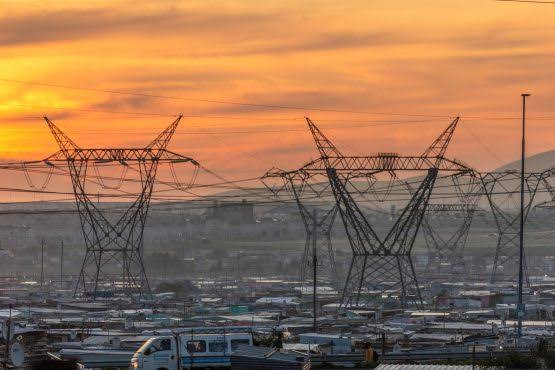South Africa initially experienced load shedding in 2007, but few expected it to become a daily occurrence. Along with extended power outages, people have had higher energy rates. By May 2023, the country has had more load-shedding than in 2022.
Eskom, the company in South Africa that makes, sends, and distributes electricity, has warned that there will be more load-shedding this year. Aside from the long hours of darkness, it’s hard for businesses to survive. Last year, load shedding cost the biggest African telecom company, MTN, R695 million ($38 million) in profits.
Several governments have tried to solve the energy problem, but corruption and sabotage have made it impossible for them to do so. There may be hope in the meantime.
In South Africa, a bill to change the Electricity Regulation Act (ERA) was presented. Even though lawmakers haven’t started talking about this bill, its coming gives everyone hope.
South Africa’s long-term power solution is based on this rule. The goal of the law is, among other things, to open up the sole-buyer energy market. By letting other companies work in its electricity business, the country hopes to get better.
Read also: BLUETTI offers solution for free and sufficient electricity
The most important part of the bill is to fix load shedding
As was already said, the goal of the amendment bill is to make the energy market in the country more competitive. The multi-market structure it suggests will comprise three parts: market transactions, physical bilateral transactions, and regulated transactions.
The competitive market model will also create a Transmission System Operator. TSO will supervise a competitive market. The TSO will plan transmission expansion based on power demand and transmission planning and management.
The TSO amendment bill proposes a central procurement agency. If needed, it will buy legacy power purchase contracts and extra energy to maintain system integrity.
The bill gives NERSA more authority. Section 30 allows NERSA to arbitrate and resolve licensee-customer issues. After fixing or authorizing tariffs, Section 14(d) no longer must publish its methodology.
Even though the bill was significant to citizens, companies, and the economy, it took a long time to get to Parliament. Busi Mavuso said that a management mistake was to blame for that. She says the Department of Mineral Resources did not present the bill correctly.
Mavuso also said that the lawmakers did not mention the mistake earlier. These things made her think neither party cared much about fixing the country’s energy problem. One thing that might be important to remember is that before the bill got to Parliament, the legislative arm’s programme was already complete. So, it’s doubtful that the bill will be immediately paid.
“The mistake with the ERA Bill is frustrating mostly because it didn’t have to happen. It is a mistake bureaucrats make, not because changing policy is hard. But it has shown that some parts of the government are not serious about making the necessary changes,” Mavuso said.
This makes people and companies even more uncertain. The load cutting has cost them so much. Since more blackouts are expected in the coming days, South African leaders should do what they must to fix the problem.




